Frequently Asked Questions
Becoming a scuba diver is a wonderful adventure! And before starting out on all great adventures, we’re certain you’ll have plenty of questions you want to ask us too!
Here are some of the most frequent things we’re asked. If you didn’t find the answer you were looking for, you can always contact us too.
Our page for new divers answers most of the questions you may have here.
We offer an introductory PADI Discover Scuba Diving course aimed at keeping it short and sweet. Over an hour or two in our pool, you’ll get to experience scuba for the first time and learn some basic skills.
Afterwards, you can decide whether you’d like some further training towards a formal qualification, with either the PADI Scuba Diver or (ideally) the full PADI Open Water Diver courses.
For younger divers who are at least 8 years old, we also recommend recommend the PADI Bubblemaker and PADI Seal Team programmes.
Everyone’s ability and availability is different, and we only certify divers when they have satisfied all the criteria and course requirements.
Generally speaking, for the PADI Open Water course, you will participate in at least 5 confined water dives in a pool, and 4 deeper open water dives. The absolute minimum this could be theoretically completed is within 3 days, but logistically this is unlikely (and we wouldn’t recommend rushing it). You’ll also have classroom work to complete in additional to this, which can be completed online at your own pace.
Other course options and combinations exist too. You may choose to complete only the confined water dives with us in the UK, and complete your open water dives with a different PADI dive centre abroad. This is called an Open Water Referral.
Our page for new divers contains more information and answers to questions such as these.
This depends on which course option you take.
The lowest cost way of experiencing scuba and deciding whether it’s something you want to continue with, is by participating in our PADI Discover Scuba Diving option. It lasts a couple of hours, and is conducted in an indoor swimming pool.
For the latest pricing, find the course you are interested in taking, select any available options for that course, and book your place online if you wish.
We take safety extremely seriously at Stellar Divers.
Whilst scuba diving does expose divers to dangers that we don’t normally experience on land, we mitigate these risks through proper training, safety procedures, and routine equipment maintenance.
The end result is that divers whom are properly trained, and continue to exercise and practice those trainings, are some of the safest in the world – comparable, if not better than, many other sporting and routine daily activities.
We are fully HSE compliant, and have an excellent working relationship with this department to ensure we are leading the way with excellent UK diving safety standards. We carry out thorough risk assessments for every activity we organise.
We understand the fear of the unknown is sometimes worse than the thing itself – so please do get in touch to discuss any particular concerns or questions you might have!
In short, no. But you’re always welcome to, if that’s what you’d like to do.
As a new diver, we’d recommend getting used to and trying on different types of equipment, under proper supervision from one of our team. This allows you experience different brands, styles, and sometimes techniques – to find the fit that’s right for you. We provide all the necessary equipment you need when you train on one of our introductory courses.
Many qualified divers around the world sometimes never buy any of their own equipment, and just instead rent from a dive centre during their trip. There are advantages and disadvantages to this.
Some instead choose to buy core essentials – such as a mask, snorkel, fins, and dive computer. There are also advantages to owning your own BCD and regulator, as long as you remember to keep them well-maintained and serviced accordingly.
Owning your own wetsuit and drysuit means you can be assured of the perfect fit for your body, with the trade-off of storage and transportation. But it makes sense if you plan on diving frequently.
Our team would be happy to talk through these options with you in more detail, and offer our expert advice & own experiences. Do get in touch.
There are individual age requirements for each course. Find a course that interests you, and read more about it to find the specific age requirements.
For most diving certifications, the absolute minimum age is 10 years old. Some of the more advanced certifications have requirements of at least 12, or even 18 years old. Do check the course requirements to understand whether or not supervision is required from a legal parent or guardian.
For younger divers who are at least 8 years old, we also recommend recommend the PADI Bubblemaker and PADI Seal Team programmes.
We also offer courses without scuba – you might want to try our PADI Skin Diver or PADI Freediver courses, if this interests you.
This is not a question we can definitively answer – but if you have a medical condition, you will need to obtain medical advice which confirms you are fit to dive. This must be from a suitable medical professional.
You do need to be in reasonably good health to come diving. If you have asthma, back or joint problems or are pregnant, you should discuss this with us before your session in order for us to provide some advice on next steps.
All those diving with us, or participating in any PADI course, need to complete a full medical questionnaire prior to any activity. Depending on your answers, you may have to gain medical clearance from a registered doctor.
